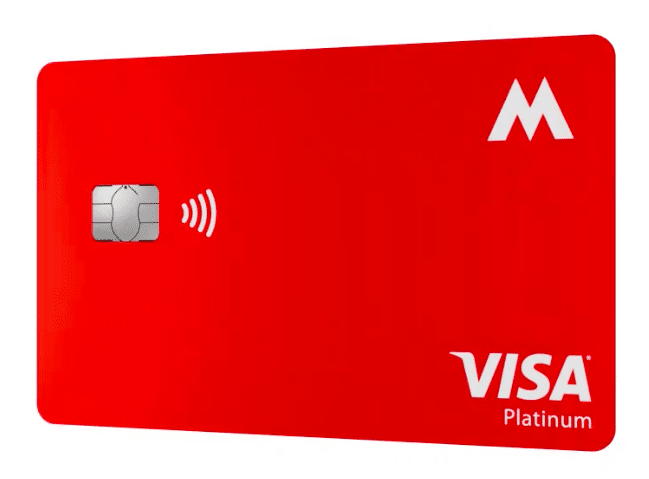
Eight Capital analyst Adhir Kadve attended last week’s Money 20/20 fintech conference and came away from the event with payments platforms on his mind. In a report to clients on Wednesday, Kadve pointed to a number of themes from the conference that bear notice, including the rise of payments services in the new economy.
Payments companies have seemingly come into their own this year, with names like PayPal and Square and here in Canada Nuvei, Quisitive and Payfare having gotten more attention as the world turns ever more digitized and tech platforms assert their place in everyday life. Online commerce, virtual healthcare, gaming and even the oncoming metasphere (if you believe the hype) are all expanding by leaps and bounds, and so is the utility and ubiquity of fintech-created payments options.
Kadve’s report looked at Uber as a case in point. The ride-hailing company processes almost $80 billion in payments globally and thus relies heavily on its partner network of fintech companies including Toronto-based Payfare (Payfare Stock Quote, Charts, News, Analysts, Financials TSX:PAY), which offers payment and mobile banking focused on workers in the gig economy such as Uber drivers and delivery operators.
“The reliance of the rideshare and food delivery platforms on their partner networks, we believe, speaks to the importance of companies like Payfare who have developed the technology to enable faster payments and thus allows platforms Uber, Lyft and DoorDash to better serve their drivers with this service,” Kadve wrote.
And on the current employment climate, Kadve said Earned Wage Access (EWA) is gaining prominence where gig and other workers are increasingly calling for on-demand access to wages as opposed to, for example, bi-weekly wages which can leave some workers reliant on structures like payday loans to meet immediate needs between paychecks.
“The overarching theme [at Money 20/20] was payments this year, but we also noted a significant crypto and blockchain presence and interest. We came away from the conference with a better appreciation of themes such as the importance of the role payments plays for both gig and non-gig workers, which we believe provide tailwinds for Payfare, the shifting saving and investing habits of millennial and Gen-Z cohort, which we think benefits Mogo and the increasing crypto exposure that this demographic is seeking benefitting both Mogo and Voyager Digital,” he said.
On the rise of digital assets, Kadve pointed to a recent McKinsey survey which found that ownership of digital assets rose nearly three-fold in 2021, with many of those surveyed (43 per cent) saying a reason for adopting digital assets was the thought that they represented a strong investment. That type of tailwind will benefit both Voyager Digital (Voyager Digital Stock Quote, Charts, News, Analysts, Financials CSE:VOYG) and Mogo Inc (Mogo Stock Quote, Charts, News, Analysts, Financials TSX:MOGO), Kadve said.
For Voyager, Kadve said the company is in the early days of building out a complete ecosystem for crypto-users with services like crypto-based Debit Cards to allow both users and merchants to pay for products and services with their digital asset holdings.
“The company has laid out an ambitious roadmap of upcoming product rollouts and enhancements to the platform over the near-term, which we see as key to attracting retail investors into this ecosystem,” he wrote.
On Mogo, an early mover in the crypto space, Kadve said its platform was purpose-built for the Millennial and Gen-Z demographics and that growing consumer acceptance of bitcoin is a positive for the company, saying it “could serve as a catalyst for user growth on the platform, providing not only revenue upside from bitcoin trading but more importantly cross sell opportunities into Mogo’s expanding portfolio of offerings, like its upcoming MogoTrade offering, pre-paid Visa card, high-interest savings account, consumer lending, and soon to be launched peer-to-peer payments,” he wrote.
And while public and consumer trust in fintech platforms has definitely been a factor in the pace of their broader uptake, Kadve said indications are that tech companies like Apple, Google and Microsoft are rising in their trust levels with the general population, a feature that bodes well for the wider acceptance of fintech platforms. Kadve pointed to a McKinsey survey that showed the institutional banks had an overall trust rating of 54 per cent, whereas Amazon was at 49 per cent and PayPal was right behind it at 48 per cent.
For their coverage universe, Eight Capital currently has a “Buy” rating on Payfare with a 12-month target of $17.00, a “Buy” rating on Voyager Digital with a target of $20.00 and a “Buy” rating on Mogo with a 12-month target of $16.00. So far in 2021, Payfare, which IPO’d in March of this year, is up about 47 per cent, Voyager, which debuted in September, is at even and Mogo is up about 57 per cent.
Leave a Reply
You must be logged in to post a comment.






 Share
Share Tweet
Tweet Share
Share




Comment